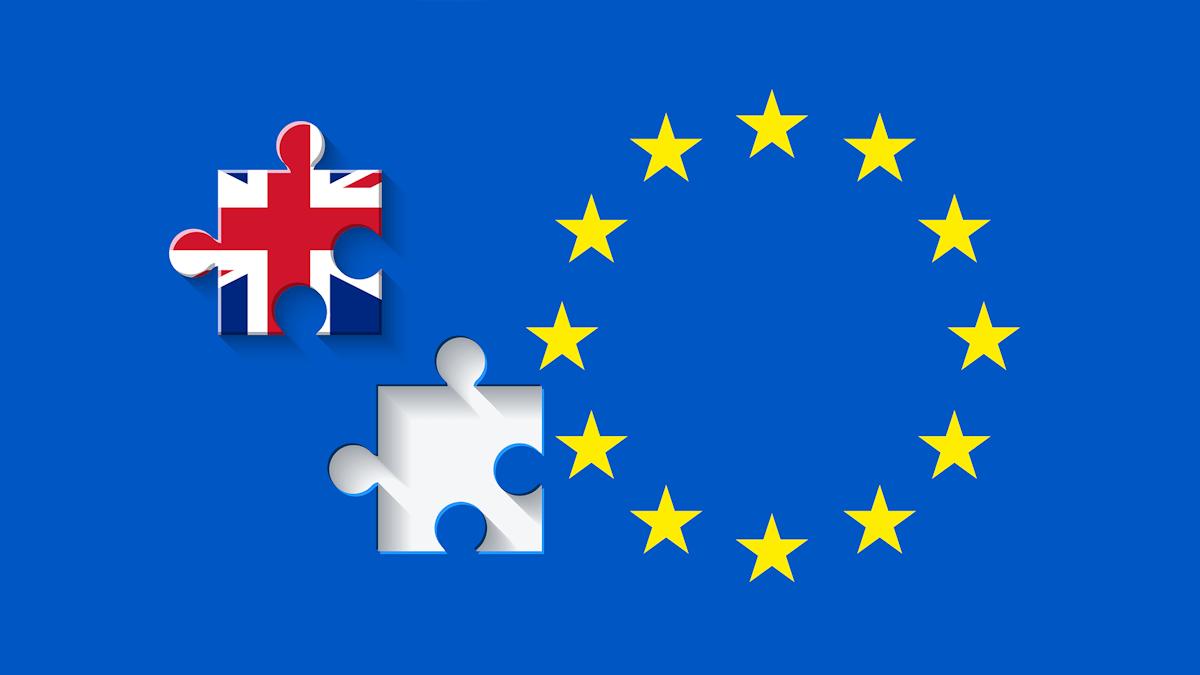Firms urged to stockpile drugs to prevent Brexit shortages

The UK government has outlined how it will ensure the supply of medicines continues in the event of a “no deal” Brexit, urging companies to stockpile six weeks' worth of medicine.
With the March 2019 Brexit deadline looming ever closer, there are mounting concerns that the UK will be unable to reach an agreement over the country’s future relationship with the EU.
Although the government is insisting this is unlikely, it has published a series of documents to help businesses plan for a no-deal scenario, including details about regulation of medicines.
The document shows the government is willing to take a pragmatic approach in the event of a no-deal Brexit, when the UK would cease to be a member of the EMA.
Pharma companies are already drawing up contingency plans for a no-deal scenario, and regulators have warned that this is a prudent course of action given the slow pace of negotiations.
After Brexit, the government will recognise and use medicines and vaccines licensed and manufactured in the EU.
This leaves companies free to focus on medicines that have the most complex supply chains, said the Association of the British Pharmaceutical Industry (ABPI) trade body.
The government is also recommending that wholesalers increase their stocks of medicines to ensure patients continue to get access in the event of a ‘no deal’.
Other measures in the document include a public consultation, scheduled for the autumn, on how the UK’s Medicines and Healthcare Products Regulatory Agency (MHRA) will operate in the advent of Brexit.
There will also be guidance on how to file information about medicines such as details about safety monitoring with the MHRA following Brexit, and a reassurance that systems to do this will be up and running by March.
But Mike Thompson, chief executive of the ABPI, said that increasing stocks was one part of a detailed contingency plan needed by pharma, the government and the NHS.
Thompson said: “By agreeing to recognise and use medicines and vaccines licensed and manufactured in the EU, the UK Government has taken an important step to protect patients. We urge the EU Commission to do the same.”
“We need to be clear that a ‘no deal’ scenario is not in the interest of patients. Both sides must rapidly agree the terms of the UK’s withdrawal and a future relationship based on cooperation to protect public health, control infectious diseases and manage medicine safety.”
Representing drug wholesalers, the UK’s Healthcare Distribution Association (HDA UK), said: “We believe this is a sensible and pragmatic approach at this stage. However, we are clear that a Brexit agreement must still be the primary objective.”
Niall Dickson, co-chair of the Brexit Health Alliance, an umbrella organisation representing stakeholders from the NHS, medical research, industry, patients and public health organisations said: “What we need is a categorical assurance that patients will continue to get the medicines and treatment they need, no matter what happens in the negotiations. This guidance is a first step, but only a first step, towards that.”













